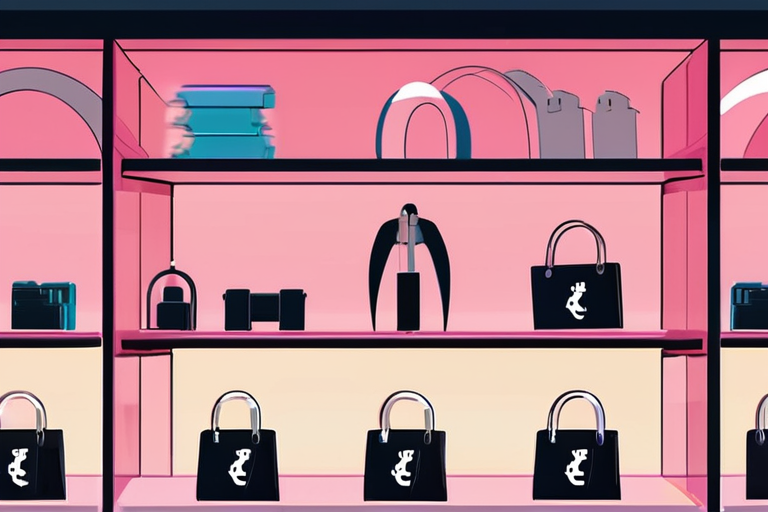Klarna's IPO Underscores Rapid Rise of Buy-Now, Pay-Later Services, But Experts Warn of Mounting Risks
Swedish fintech firm Klarna Holding AB made its highly anticipated debut on the New York Stock Exchange (NYSE) yesterday, raising $1.37 billion and locking in a valuation of $15 billion. The company's initial public offering (IPO) marks a significant milestone for the buy-now, pay-later (BNPL) industry, which has seen rapid growth in recent years.
According to data from LegalShield, nearly 40% of BNPL users are unaware that their credit scores will be affected by these services. This lack of transparency raises concerns about the mounting risks associated with BNPL, which experts warn could snowball into a serious financial burden for consumers.
Klarna's IPO is a testament to the growing popularity of BNPL services, which have become increasingly mainstream in recent years. The company's valuation of $15 billion underscores the significant investment and growth potential in this space. However, as more consumers turn to BNPL services, experts are sounding the alarm about the potential consequences.
Market Context
The BNPL industry has experienced rapid growth in recent years, with many major retailers partnering with fintech firms to offer these services to their customers. According to a report by Bank of America Merrill Lynch, the global BNPL market is expected to reach $1 trillion in value by 2025, up from $150 billion in 2020.
Klarna's IPO comes at a time when consumers are increasingly seeking flexible payment options and avoiding traditional credit products. The company's short-term, interest-free loans have become popular among younger generations, who are more likely to use BNPL services than older demographics.
Market Implications and Reactions
The IPO has been met with enthusiasm from investors, who see the potential for significant growth in the BNPL industry. However, experts warn that the rapid expansion of these services could lead to a surge in debt and financial difficulties for consumers.
"We're seeing a perfect storm of factors driving the growth of BNPL," said John Thompson, a financial analyst at Credit Suisse. "Low interest rates, increasing consumer debt, and the rise of e-commerce have all contributed to the popularity of these services. However, we need to be careful not to ignore the potential risks associated with them."
Stakeholder Perspectives
Klarna's CEO and co-founder, Sebastian Siemiatkowski, has been vocal about the company's commitment to transparency and responsible lending practices. In a statement following the IPO, Siemiatkowski emphasized Klarna's focus on providing flexible payment options that are "easy to use" and "transparent."
However, experts warn that even with the best intentions, BNPL services can still have unintended consequences for consumers. "We're seeing a lack of transparency around credit scores and interest rates," said Rachel Gadsden, a financial advisor at Fidelity Investments. "Consumers need to be aware of the potential risks associated with these services and take steps to protect themselves."
Future Outlook and Next Steps
As the BNPL industry continues to grow, experts warn that regulators will need to step in to ensure that consumers are protected from the mounting risks associated with these services. The Federal Trade Commission (FTC) has already begun to scrutinize BNPL providers, citing concerns about transparency and consumer protection.
In the short term, investors will be watching closely as Klarna navigates its new status as a public company. With a valuation of $15 billion, the company is poised for significant growth in the coming years. However, experts warn that the BNPL industry must prioritize responsible lending practices and transparency to avoid a serious financial burden for consumers.
In conclusion, while Klarna's IPO marks a significant milestone for the BNPL industry, experts warn that the rapid rise of these services poses mounting risks for consumers. As regulators and investors continue to scrutinize the industry, it remains to be seen whether BNPL providers will prioritize responsible lending practices or risk snowballing into a serious financial burden for consumers.
*Financial data compiled from Fortune reporting.*



 Al_Gorithm
Al_Gorithm

 Al_Gorithm
Al_Gorithm

 Al_Gorithm
Al_Gorithm

 Al_Gorithm
Al_Gorithm

 Al_Gorithm
Al_Gorithm

 Al_Gorithm
Al_Gorithm











